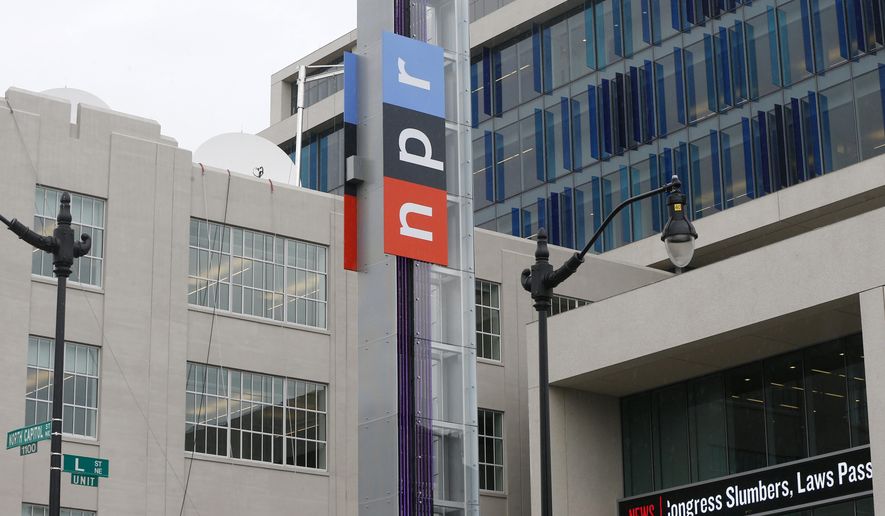OPINION:
Earlier this summer, James Bennet, editorial page editor of The New York Times, resigned from his post after internal and public outcry over his decision to allow an op-ed by sitting U.S. Sen. Tom Cotton arguing for military intervention as a response to the recent riots. The paper’s publisher, A.G. Sulzberger, noted that a “significant breakdown in our editing process” had occurred, adding that both he and Mr. Bennet “concluded that James would not be able to lead the team through the next leg of change that is required.”
It was an incredible thing to see, this bullying-to-the-point-of-termination at what was once America’s leading newspaper. But it was, for observers, unsurprising. These days, whenever an outlet dares publish anything too (by liberal standards) conservative, cries descend loud and fast for cancellation of author, editor and, very often, the publication itself.
The same, of course, does not apply when a liberal outlet commits a blunder.
This past week, one of National Public Radio’s most popular shows, “Code Switch,” gave a microphone to Vicky Osterweil, author of the “In Defense of Looting,” a book that argues precisely what it sounds like it’s arguing.
Now, Code Switch’s tag line is “Race. In Your Face,” and in their “About” portion of their website note the following: “Remember when folks used to talk about being “post-racial”? Well, we’re definitely not that.”
So, that’s the tenor of the show. (It should also tell you a little something about NPR’s current sensibilities.)
During the interview, Ms. Osterweil made, among other outrageous comments, the following:
“Looting strikes at the heart of property, of whiteness and of the police. It gets to the very root of the way those three things are interconnected. And also it provides people with an imaginative sense of freedom and pleasure and helps them imagine a world that could be.”
And, “It’s actually a Republican myth that has, over the last 20 years, really crawled into even leftist discourse: that the small-business owner must be respected, that the small-business owner creates jobs and is part of the community. But that’s actually a right-wing myth.”
And, “Ultimately, what nonviolence ends up meaning is that the activist doesn’t do anything that makes them feel violent. And I think getting free is messier than that. We have to be willing to do things that scare us and that we wouldn’t do in normal, “peaceful” times, because we need to get free.”
And after all this? After the decision to host an author openly advocating the destruction of property and livelihood, does anyone at NPR lose their jobs? Is “Code Switch” canceled?
Ha, ha. No, no, of course not.
Instead, the interview remains on the site, with this little mea culpa:
“This story was updated on Sept. 1, 2020. The original version of this story, which is an interview with an author who holds strong political views and ideas, did not provide readers enough context for them to fully assess some of the controversial opinions discussed.”
Well, thanks, but no thanks. Americans have just about all the “context” we need regarding NPR and “Code Switch.” No need to tune in any longer.




Please read our comment policy before commenting.